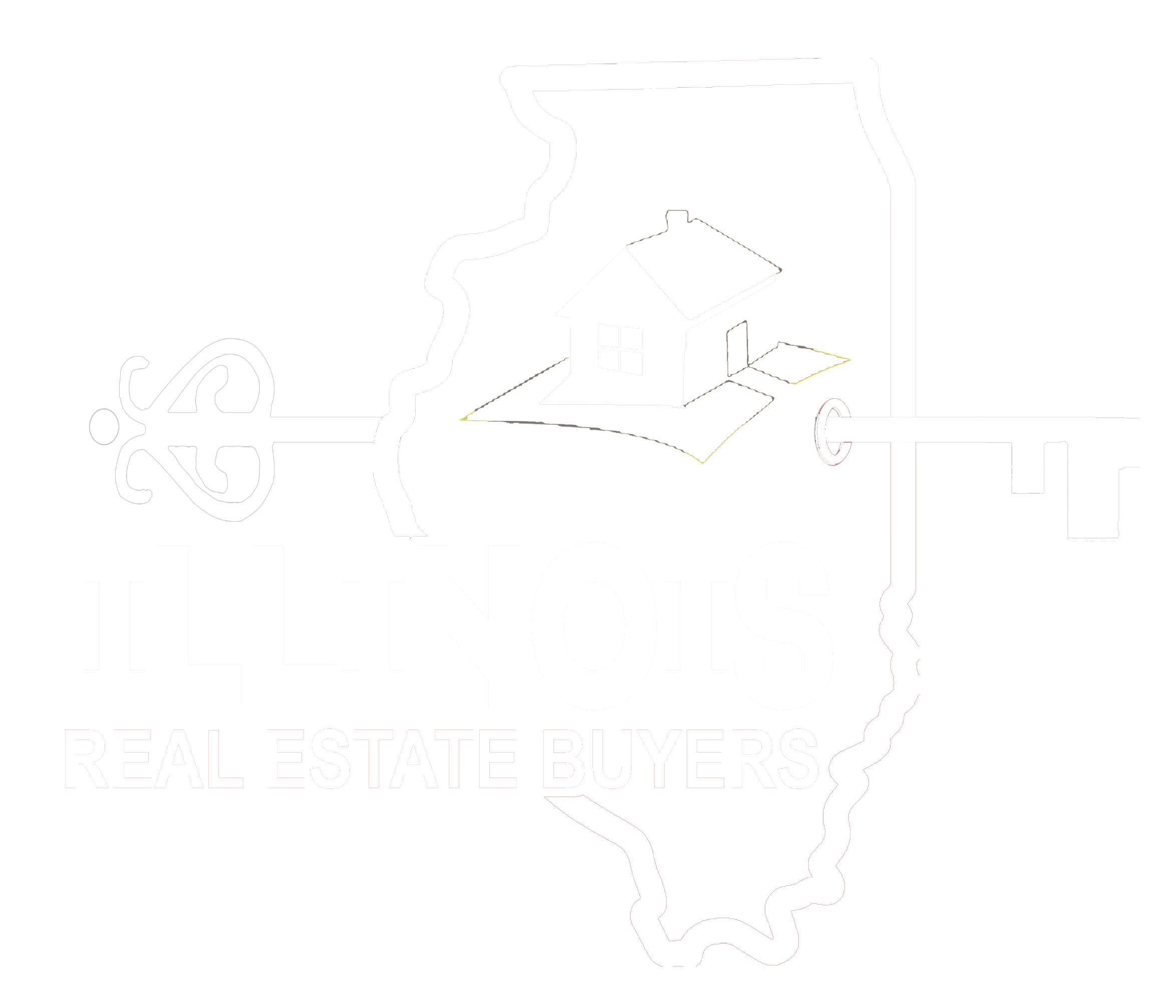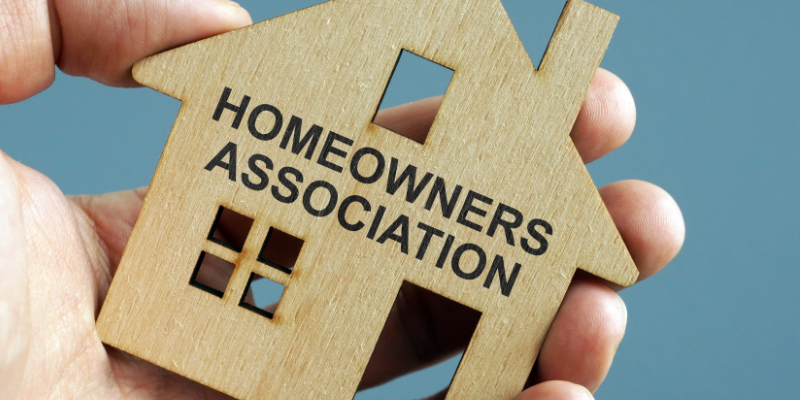
Can an HOA Evict a Homeowner in Illinois?
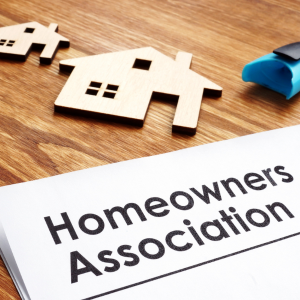
The issue of whether a Homeowners Association (HOA) has the authority to participate in an Eviction Process for a homeowner in Illinois, particularly in cities such as Chicago, is intricate and contingent upon a variety of factors. Typically, an HOA lacks the direct authority to evict a homeowner from their property; however, they do possess specific powers that are delineated in the community’s governing documents.
These documents typically contain covenants, conditions, and restrictions (CC&Rs) that homeowners consent to when purchasing property within an HOA. The HOA may impose fines or place a lien on the property if a homeowner violates these rules or fails to pay mandatory assessments or dues.
In some instances, the HOA may initiate foreclosure proceedings to enforce its lien rights if dues are not paid for an extended period, particularly in severe cases. It is imperative that homeowners in Chicago are aware of their rights and protections under Illinois law and seek legal counsel if they are subject to potential action from an HOA.
Illinois state laws, including the Illinois Condominium Property Act, put safeguards in place to protect homeowners and ensure fair treatment, while also respecting the rights of community associations. If you’re looking to move on from a property quickly, cash home buyers in Chicago and other cities in Illinois can help provide a straightforward solution without the usual delays of traditional sales.
Understanding the Role of HOAs in Chicago’s Real Estate Market
Homeowners Associations (HOAs) have a significant impact on Chicago’s real estate market, including property ownership and community living. In Chicago, HOAs are formed to manage and maintain common areas within a residential community, ensuring that properties follow specific rules and standards that contribute to the neighborhood’s aesthetic and value.
Homeowners in these associations must adhere to their governing documents, such as covenants, conditions, and restrictions (CC&Rs). While HOAs can enforce these regulations through fines or legal action against violators, homeowners should be aware of their Illinois legal rights.
State laws protect homeowners associations by ensuring that their actions are fair and transparent, preventing arbitrary or excessive measures. Homeowners should be familiar with the Illinois Condominium Property Act or the Common Interest Community Association Act, which outline the legal framework that governs HOAs in Chicago.
Understanding obligations and protections helps homeowners navigate HOA disputes and comply with local regulations.
Differences Between Voluntary and Mandatory HOAs in Chicago, IL
Understanding the distinctions between voluntary and mandatory Homeowners Associations (HOAs) is critical for Chicago homeowners who are concerned about their rights and protection. A mandatory HOA requires homeowners to pay dues and follow the association’s rules as a condition of owning property in a specific community.
These associations have the legal authority to enforce covenants, collect assessments, and initiate foreclosure proceedings if dues are unpaid. A voluntary HOA, on the other hand, does not impose mandatory membership or fees; rather, it relies on the voluntary participation of residents who want to contribute to shared community amenities or activities.
Voluntary HOAs play an important role in community engagement and neighborhood appeal, despite lacking enforcement power compared to mandatory HOAs. Knowing whether their HOA is voluntary or mandatory helps Chicago homeowners understand the scope of their financial obligations and legal responsibilities with regard to their property rights.
Understanding these distinctions can impact a HOA’s influence over individual properties and the homeowner’s recourse in case of disputes.
Navigating Homeowners Association Rules and Regulations in Illinois
To follow the rules and regulations of an Illinois homeowners association (HOA), especially in Chicago, you need to know the laws of the state and your rights as a homeowner. The governing documents of homeowners associations, which usually include covenants, conditions, and restrictions (CC&Rs), give them certain powers.
These papers explain what the HOA can do about keeping up with property standards, managing shared spaces, and can also help to deal with bad neighbors. However, it is essential to remember that a homeowner’s association (HOA) is only permitted to take possession of a home if it can demonstrate that the homeowner has violated its regulations. It can accomplish this by fining individuals or even taking them to court.
If the association’s bylaws say so, people in Illinois can lose their homes because they didn’t pay their assessments. But state laws protect homeowners by making sure that due process is followed before such drastic steps are taken.
To know your rights and duties as a member of an HOA, you need to be familiar with both the Illinois Condominium Property Act and any local laws. If you want to know how these rules apply in Chicago, you should talk to a lawyer.
Common Reasons for HOA Foreclosures in Chicago, IL
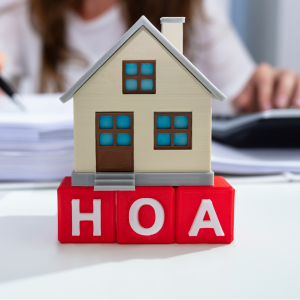
Homeowners associations (HOAs) in Chicago, IL can start foreclosure proceedings for a number of reasons, but the most common one is not paying dues and assessments. One of the most common reasons is not paying HOA fees, which are necessary to keep community services and amenities up to date.
If homeowners don’t pay their dues on time, HOAs can put a lien on their property as a first step toward foreclosure. If you break community rules or covenants, like not keeping up with property standards or making changes without permission, you could get fined, which can add up and make it hard to pay your bills.
Disagreements between the homeowner and the HOA could lead to legal fees that make money problems worse and could even lead to foreclosure. Also, if you don’t pay your HOA’s special assessments on time, they could be a big problem for you if you need to make major repairs or improvements.
Chicago homeowners who want to protect themselves from the risk of a HOA-initiated foreclosure need to know about these possible problems.
Financial Obligations and HOA Fees: What Chicago Residents Need to Know
In Chicago, homeowners who are members of a Homeowners Association (HOA) are required to maintain a high level of awareness regarding their financial obligations, particularly in relation to HOA fees. These fees are indispensable for the maintenance of common areas, the provision of community services, and the general preservation of the neighborhood.
It is imperative that residents comprehend the gravity of the repercussions that may result from neglecting to pay HOA fees in Chicago. The HOA may impose late fees or interest charges on overdue payments, which could result in a lien being placed on your property.
If the debt remains unresolved, Illinois law allows HOAs to pursue legal action to collect unpaid assessments, which may even lead to foreclosure. Consequently, it is imperative that homeowners in Chicago conduct a comprehensive review of their association’s governing documents and engage in communication with their HOA in the event of financial difficulties.
Residents can more effectively manage their financial obligations within a HOA community by remaining informed about these obligations and understanding their rights under Illinois law.
The Impact of Delinquent Fees on Homeownership in Chicago HOAs
In Chicago, homeowners associations (HOAs) play an important role in managing residential communities, but unpaid fees can have serious consequences for homeownership. When residents fail to pay their HOA dues, late fees and interest can quickly accumulate, exacerbating financial stress.
In certain situations, HOAs may pursue legal action to collect unpaid dues, which can lead to property liens. These liens can complicate a homeowner’s ability to refinance or sell the property. Working with a company that buys homes in Aurora and surrounding Illinois cities can offer a quicker, hassle-free way to move forward despite these challenges.
If the debt is not paid, the HOA may initiate foreclosure proceedings, jeopardizing the homeowner’s ability to keep their property. Understanding Illinois’ state laws and local regulations is critical for homeowners dealing with unpaid association fees. These laws give individuals specific rights and protections against losing their homes.
If a homeowner is experiencing financial difficulties, they should contact their HOA right away to discuss payment plans or dispute resolution options. Proactive communication with the association can help prevent delinquent fees from becoming more serious issues that jeopardize homeownership in Chicago’s vibrant communities.
Legal Rights of Homeowners Under Chicago HOA Agreements
Homeowners in Chicago who are part of a Homeowners Association (HOA) have certain legal rights that are meant to protect their ownership of their homes. These rights are very important under Illinois law to make sure that an HOA can’t just take a homeowner’s property without a reason.
Homeowners need to know the rules and regulations in their HOA agreements because these papers spell out what the association can and can’t do. HOAs can fine people or put liens on their homes if they don’t pay their dues, but they usually have to follow a strict legal process before they can take any action that could lead to foreclosure.
Homeowners need to know the bylaws and covenants that are spelled out in their HOA agreements because these often set limits on what the association can do. Also, state laws give homeowners ways to fight against unfair actions or violations of their rights by a HOA.
State and local laws also offer legal protections to safeguard Chicago homeowners from unreasonable HOA demands or misuse of authority. It’s important for homeowners facing issues with their association to understand these regulations, allowing them to maintain control of their property with minimal interference. If you’re considering selling due to HOA difficulties, here’s how Illinois Real Estate Buyers can help.
Steps HOAs Must Take Before Foreclosing on a Property in Illinois
In Illinois, before a Homeowners Association (HOA) can begin foreclosure proceedings on a property, it must take several critical steps to ensure compliance with state laws and protect homeowners’ rights. First, the HOA must provide the homeowner with written notice of the specific amount owed as well as any late fees or penalties incurred.
This notice must be sent certified mail to ensure receipt and give the homeowner the opportunity to address the outstanding balance. Furthermore, Illinois law requires HOAs to provide homeowners with a reasonable payment plan to settle their debt, with the goal of preventing foreclosure as a first resort.
The HOA must follow its governing documents for default processes. If these initial steps do not resolve the issue, the HOA may file a lawsuit in court to obtain judicial approval for foreclosure.
Throughout the process, homeowners are entitled to legal representation and the option to contest the foreclosure in court. Compliance with these procedural requirements is critical for HOAs seeking foreclosure, as it ensures fairness and due process for property owners in Chicago and throughout Illinois.
Protecting Your Home From HOA Foreclosure in Chicago
In Chicago, safeguarding your residence from an HOA foreclosure necessitates comprehension of the legal procedures and your rights. Homeowners associations (HOAs) possess specific authority; however, they are required to comply with Illinois state regulations when conducting foreclosure proceedings.
It is imperative that homeowners become acquainted with the governing documents of their HOA, as they delineate specific responsibilities and potential penalties for noncompliance. It is imperative to act promptly by contacting the HOA to negotiate payment plans or dispute resolutions if you are facing the possibility of foreclosure as a result of unpaid dues or violations.
Seeking legal counsel from a Chicago-based real estate attorney can offer a clear understanding of your rights under Illinois law. This includes ensuring that all foreclosure procedures are executed correctly and investigating potential defenses, such as inadequate notice or an incorrect calculation of fees. Additionally, comprehension of the Fair Debt Collection Practices Act can provide further safeguards against aggressive collection strategies.
Homeowners can effectively navigate the challenges posed by their HOA and protect their property from foreclosure threats by remaining informed and proactive.
Exploring Alternatives to Avoiding HOA Foreclosure Proceedings
People in Chicago who are about to lose their homes because of HOA problems have a number of options that could help them keep their homes. It’s important to talk openly with the HOA board about any unpaid dues or fines and work out a payment plan that works for everyone.
Getting help from a mediator can also help you settle your differences without taking sides, and it might stop things from getting worse. Homeowners should read the governing documents of their association because they often spell out the steps and rights that come with foreclosure actions.
Getting advice from a lawyer who knows a lot about HOA laws can help homeowners in Illinois understand their rights and responsibilities. Getting a new mortgage or changing the terms of an existing one could also work, giving the homeowners association the money it needs to pay off its debts.
You might also want to look into government programs that help homeowners who are having trouble making their payments. These programs could give you some temporary help that keeps a HOA from starting foreclosure proceedings.
How to Dispute an HOA Lien on Your Property in Illinois
If you have an HOA lien on your property in Illinois, you should be aware of your rights and the steps you can take to successfully dispute it. First, review your homeowners association’s governing documents to ensure that the rules and regulations outlined in them are followed.
Confirm that any assessments or fines that resulted in the lien were valid and correctly calculated. Collect any relevant documentation, such as payment records or correspondence with the HOA, that will assist your case.
Consider negotiating directly with the HOA board or management company to resolve any issues. If these efforts fail to yield satisfactory results, you may challenge the lien legally by filing a lawsuit in an Illinois court.
A real estate or HOA dispute lawyer can provide you with tailored advice for your specific situation. They can help you understand state-specific laws like the Illinois Common Interest Community Association Act, which provides specific protections for homeowners against wrongful liens.
Understanding these procedures allows you to effectively defend your property rights against potentially unjustified actions taken by an HOA in Chicago or elsewhere in Illinois.
Strategies for Preventing HOA-related Legal Issues in Illinois
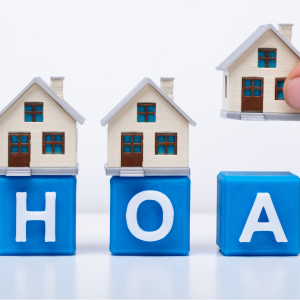
To effectively avoid HOA-related legal issues in Illinois, including Chicago, homeowners must stay informed about the specific rules and regulations governing their homeowner associations. Understanding your HOA’s covenants, conditions, and restrictions (CC&Rs) can help prevent conflicts that could result in foreclosure or fines.
Attending HOA meetings on a regular basis and maintaining open lines of communication with board members ensures that you are kept up to date on policy and fee changes. A real estate attorney who is familiar with Illinois law can provide personalized advice and help you navigate complex situations.
Maintaining thorough records of all interactions and financial dealings with your HOA can be valuable if a dispute arises. It’s wise for homeowners to take a proactive approach by seeking resolution through mediation or negotiation before the situation escalates into costly legal action. If the challenges become overwhelming, Illinois Real Estate Buyers can help by offering a stress-free way to move on from the property.
By remaining vigilant and informed, Chicago homeowners can protect their property rights and foster a positive relationship with their HOA.
Can an HOA Foreclose on a Home in Illinois?
In some cases, homeowners associations (HOAs) in Illinois can take a home back through foreclosure. If you live in Chicago or anywhere else in Illinois and are part of an HOA, you need to know your rights and protections when it comes to foreclosure.
A homeowner’s association (HOA) can usually start foreclosure proceedings if the homeowner doesn’t pay their dues or assessments for a long time. But Illinois law protects homeowners in certain ways, making sure that HOAs must follow strict legal steps before they can start foreclosure.
This means giving the homeowner proper notice and giving them chances to pay off their debt. The Illinois Condominium Property Act and the Common Interest Community Association Act also set rules and limits on how HOAs can enforce liens and go after foreclosure.
Homeowners in Chicago should know about these rules and get legal help if they think their HOA might foreclose on their home. Knowing these rights can help keep your home safe from unfair or illegal actions by an HOA.
What Happens If You Don’t Pay HOA Fees in Illinois?
It’s important to know what could happen if you don’t pay your HOA fees in Illinois, especially in cities like Chicago. You also need to know your rights as a homeowner. Homeowners’ associations (HOAs) can make sure that people pay their dues to keep up community standards and services.
If you don’t pay these fees, you could face big fines, like late fees and interest charges. If you don’t pay your HOA dues on time in Illinois, they can put a lien on your property.
This lien could eventually lead to foreclosure, which means that the HOA could take you to court to get your home back. Illinois law does protect and give homeowners rights, though.
The Condominium Property Act protects homeowners in some ways. For example, it requires homeowners associations (HOAs) to follow certain steps before they can foreclose on a home. Homeowners in Chicago and other parts of Illinois must tell their HOA right away if they are having trouble paying their bills.
If you don’t pay your assessments, an HOA could take your home. Looking into payment plans or getting legal advice can help keep that from happening. If you know how these processes work, you’ll be aware of the risks and protections that come with not paying HOA fees in Illinois.
What Power Does HOA Have in Illinois?
Homeowners Associations (HOAs) in Illinois, including those in Chicago, have significant authority over managing and maintaining community standards. Under Illinois law, HOAs have the authority to enforce the covenants, conditions, and restrictions (CC&Rs) that homeowners agree to when purchasing property in the community.
These rules can address a wide range of issues, including architectural guidelines and landscaping requirements. In terms of financial obligations, an HOA may levy assessments or dues on homeowners to cover the costs of maintaining common areas and community amenities.
If a homeowner fails to pay these assessments, the HOA has the legal right to file a lien against the property. If this lien is not resolved, it can lead to foreclosure, which means that an HOA may take action that results in a homeowner losing their home.
However, there are legal safeguards in place for homeowners; they are entitled to due process and must be given adequate notice before the HOA can take any drastic action. Understanding your rights under Illinois’ Condominium Property Act and other applicable statutes is critical for residents involved in HOA disputes.
Helpful Chicago Blog Articles
• How Much Is Home Staging Cost in Chicago, IL
• Can You Sell A House With Asbestos in Chicago, IL
• How To Sell An Inherited House In Chicago, IL
• How To Do Sale By Owner in Chicago, IL
• Selling Your Parents’ House In Chicago, IL
• Homeowners Insurance After Closing: A Chicago, IL
• Free Things to Do in Chicago, IL
• Can An HOA Take Your Home In Chicago, IL
• How to Sell a Fixer-Upper Home in Chicago, IL
• Homeowners Insurance When Selling Your Chicago, IL
• Navigating The Sale Of Your Chicago, IL Home With A Reverse Mortgage
• Selling Your Chicago, IL, Home Below Market Value
• Refinancing Your Home After Divorce In Chicago, IL
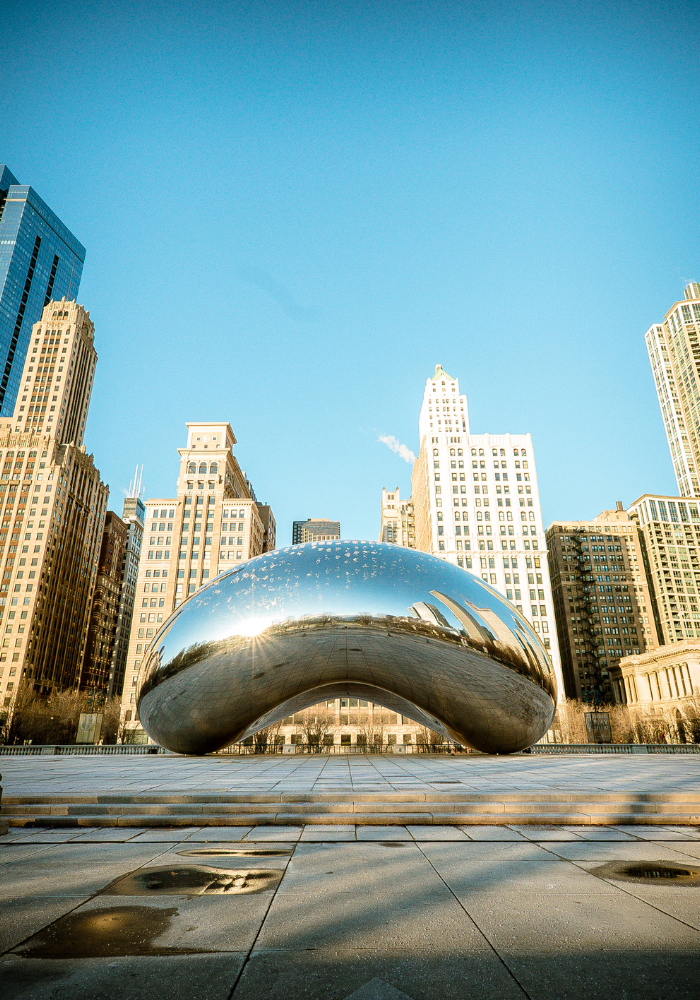
| HOMEOWNERS’ ASSOCIATION | HOMEOWNER ASSOCIATION (HOA) | HOMEOWNER ASSOCIATIONS (HOAS) | FORECLOSURE SALES | LIENHOLDER | FIRST LIEN |
| CITY OF CHICAGO | CHICAGO , ILLINOIS | BUDGETING | BUDGET | ANNUAL BUDGET | SOFTWARE |
| DISABILITY | DISABILITIES | PROPERTY VALUE | NON-PROFIT ORGANIZATIONS | NON-PROFIT CORPORATIONS | NOT FOR PROFIT CORPORATION |
| NON FOR PROFIT CORPORATION | FIRST MORTGAGE | MEDIATOR | GOVERNANCE | FLAG | EVICTION |
| OMBUDSPERSON | LENDER | CONTRACT | ACCESSIBILITY | PRIVACY | POLICY |
| FAIR HOUSING ACT | FAIR HOUSING | DISCRIMINATORY | DISCRIMINATION | CORPORATION | |
| AMERICANS WITH DISABILITIES ACT | ADA | AMERICANS WITH DISABILITIES ACT (ADA) | POSTAL CODE | ZIP CODE | PHONE |
| TAXES | TAX | TENANT | INVESTMENTS | FOR PROFIT CORPORATION | EXPENDITURES |
| EXPENSES | COSTS | FOR PROFIT | AMERICAN | AMERICA | TOWNHOME |
| TERMS OF USE | SEX | SATELLITE DISHES | SATELLITE | RELIGION | REASONABLE ACCOMMODATIONS |
| RACE | PROPERTY TAX | MONEY | MARKETING | INDIANA | HUMAN RIGHTS ACT. |
| HUMAN RIGHTS ACT | FINANCES | FEDERAL LAWS | COMPLAINT | BANKRUPTCY | AUCTION |
| ANTENNAS | ACCOUNTING | HOMEOWNERS ASSOCIATIONS HOAS | HOMEOWNERS ASSOCIATION HOA | HOAS IN ILLINOIS | COVENANTS CONDITIONS AND RESTRICTIONS |
| LIEN ON A PROPERTY | ASSOCIATIONS HOAS IN ILLINOIS | CORPORATION ACT OF 1986 |
![companies that buy houses [market_city]](https://image-cdn.carrot.com/uploads/sites/72375/2024/02/Company-That-Buys-Houses-1920x800.jpg)
